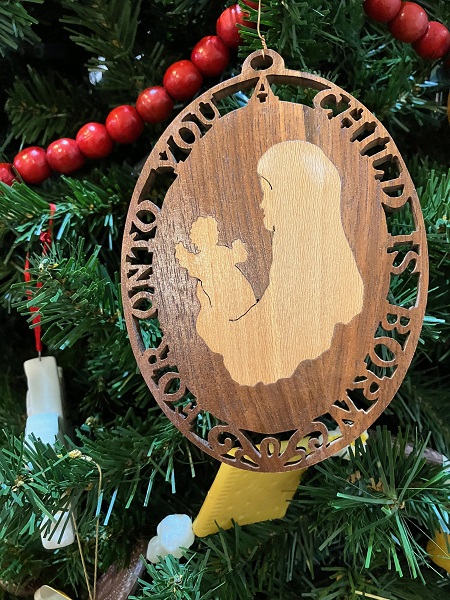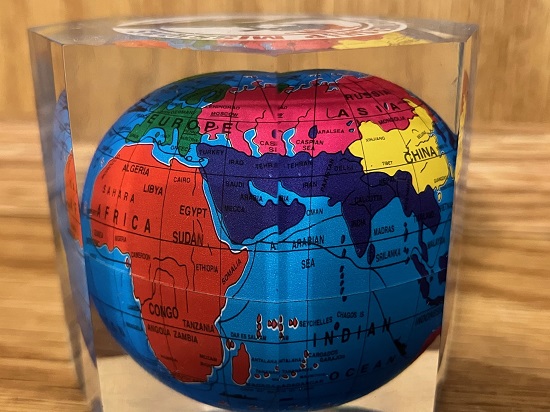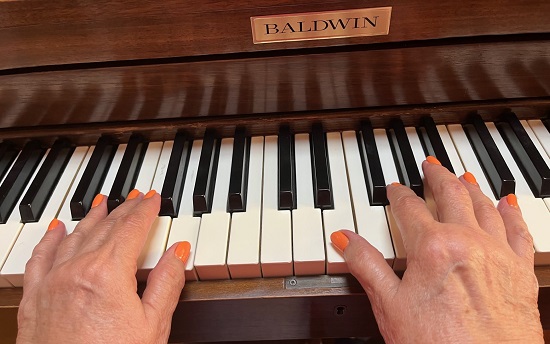Hunker Down
 During recent storms, many of us had to hunker down in more than one way. We protected ourselves from the storms’ initial danger. Afterwards, we worked hard to recover from any damage.
During recent storms, many of us had to hunker down in more than one way. We protected ourselves from the storms’ initial danger. Afterwards, we worked hard to recover from any damage.
The Free Dictionary gives four meanings for hunker down.
- “Literally to squat.” We bend our knees to lower ourselves.
- “To seek refuge.” We find shelter when dangers arise.
- “To work or begin to work … in a determined manner.” We clean up after a disaster or we study hard.
- “To stubbornly maintain some belief.” We refuse to compromise, change our mind, or admit when we make a mistake.
Although I have heard this expression used all four ways, I usually think of the second one. Similar to a ship’s crew that battens down the hatches, we prepare for a storm.
Storms occur in all areas of life.
- Physical—Bad weather, health problems, or accidents
- Mental—Illness, educational challenges, or overload
- Emotional—Relationship issues, stress, or uncertainty
- Spiritual—Persecution, false information, or poor choices
Whatever storm we face, we never have to hunker down alone.
If we turn to God, God remains with us. One of my favorite old gospel songs promises, “No, Never Alone.”
“The Lord himself goes before you and will be with you; he will never leave you nor forsake you. Do not be afraid; do not be discouraged” (Deuteronomy 31:8 NIV).
Which meaning of hunker down have you heard or used?
Thanks to Judy Glen Corbin for the suggestion. Image by Didier from Pixabay.
Do you have an expression you want explained or a thought about this one? If so, please comment below.
Subscribe to receive my weekly posts by email and receive a free copy of “Words of Hope for Days that Hurt.”
If you enjoyed this post, please share it with your friends.








